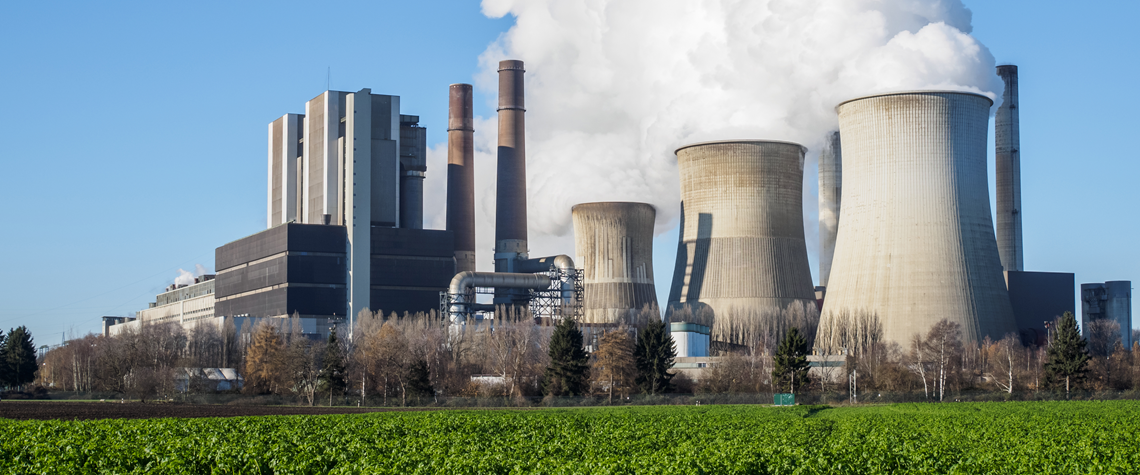Germany belatedly joins Europe's war on coal
Europe’s largest coal consumer illustrates a pathway for the remaining hold-outs
The growing number of European nations that have pledged to phase out coal from their electricity generation fuel mix highlights a growing consensus that burning coal is inconsistent with the climate targets in the Paris Agreement. The latest nation to make such a pledge—Slovakia, which in June set a phase-out date of 2023—took the total to 12. For most of these nations it was a relatively easy choice. Take, for example, the UK, the world's first country to do so, back in 2015, just before the Paris Agreement was signed. The then energy and climate minister Amber Rudd proclaimed the UK would phase out coal-fired power by 2025. Since then, for reasons of economics rather than direct mandate,

Also in this section
18 February 2026
With Texas LNG approaching financial close, Alaska LNG advancing towards a phased buildout and Magnolia LNG positioned for future optionality, Glenfarne CEO Brendan Duval says the coming year will demonstrate how the company’s more focused, owner-operator approach is reshaping LNG infrastructure development in the North America
18 February 2026
The global gas industry is no longer on the backfoot, hesitantly justifying the value of its product, but has greater confidence in gas remaining a core part of the global energy mix for decades
18 February 2026
With marketable supply unlikely to grow significantly and limited scope for pipeline imports, Brazil is expected to continue relying on LNG to cover supply shortfalls, Ieda Gomes, senior adviser of Brazilian thinktank FGV Energia,
tells Petroleum Economist
17 February 2026
The 25th WPC Energy Congress, taking place in Riyadh, Saudi Arabia from 26–30 April 2026, will bring together leaders from the political, industrial, financial and technology sectors under the unifying theme “Pathways to an Energy Future for All”







